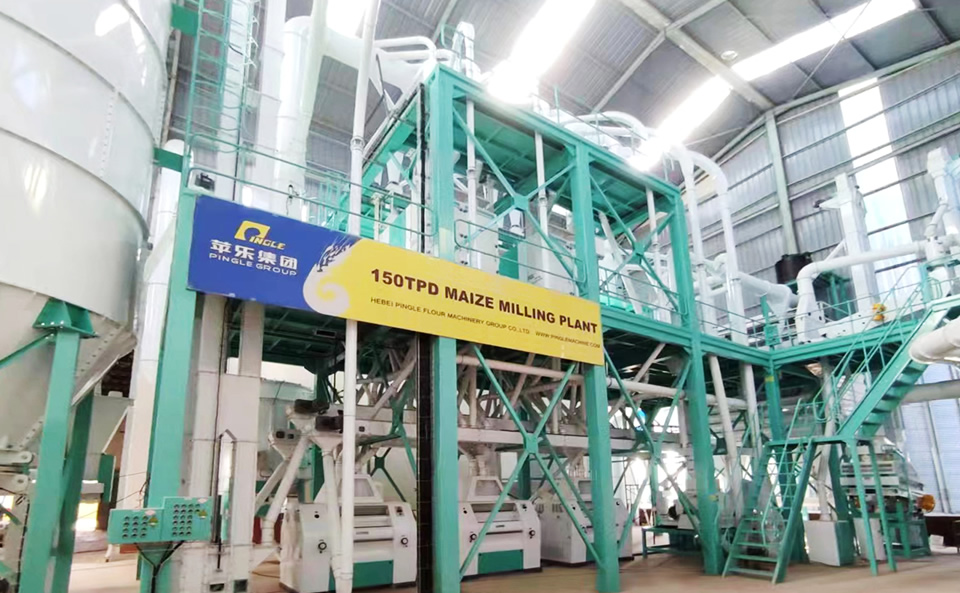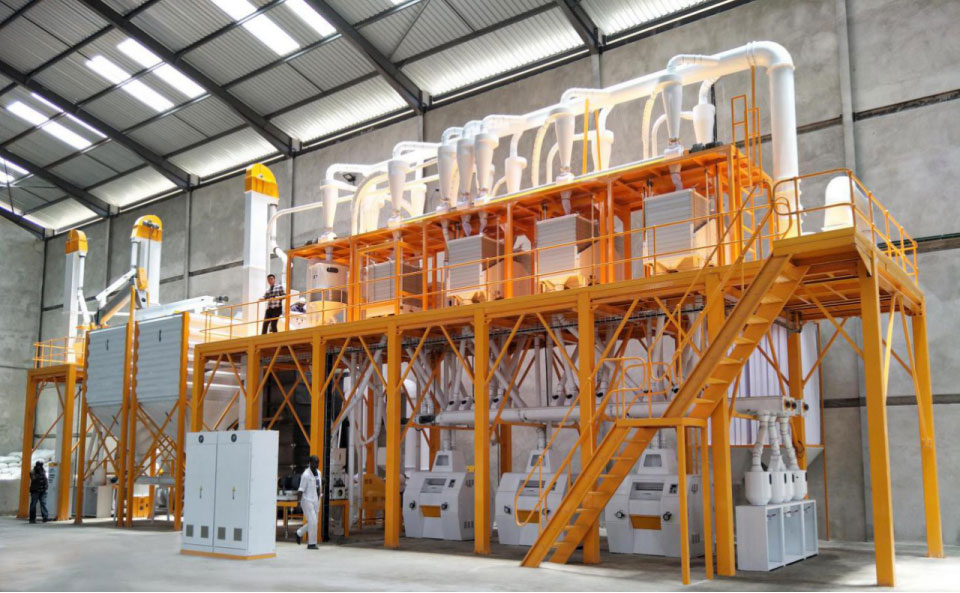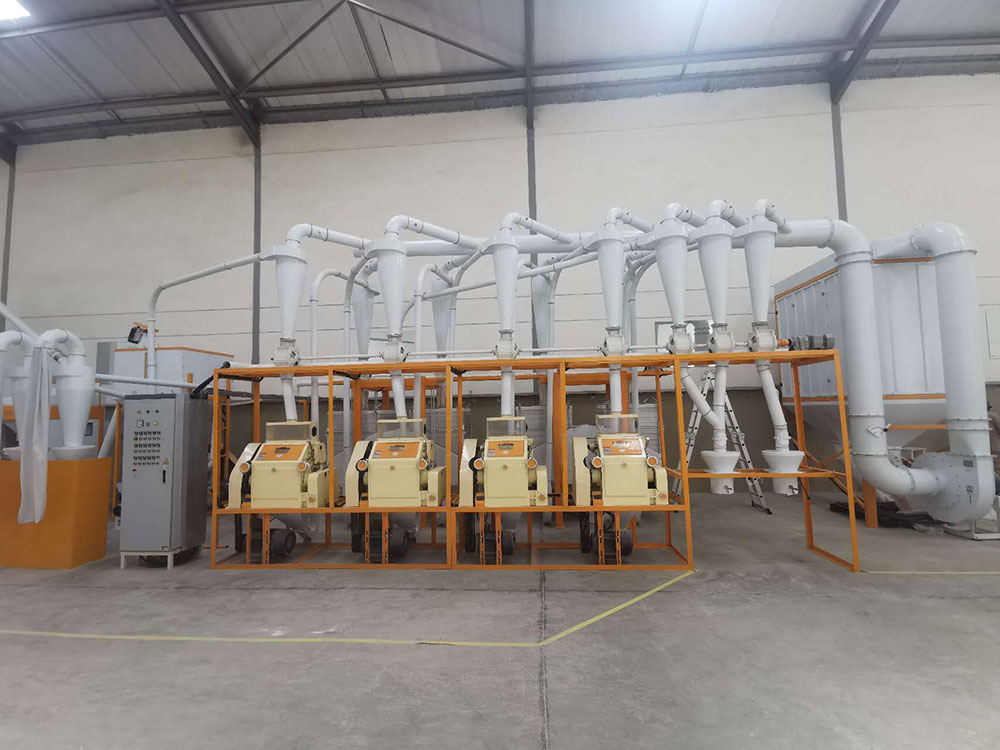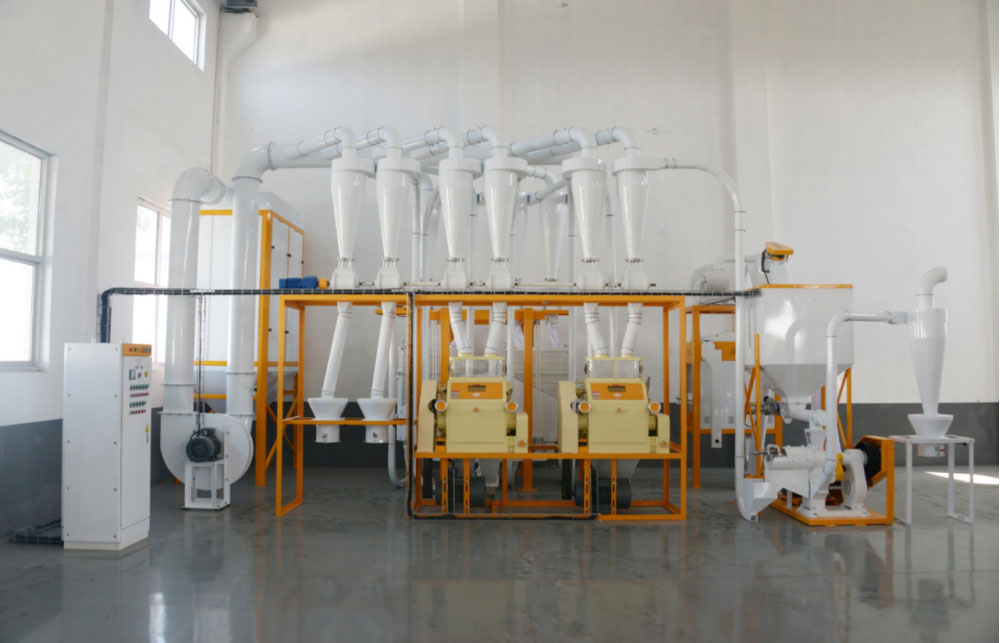Maize Milling Machine




Maize milling machines are essential equipment in the food processing industry, specifically designed to process maize (corn) into various maize products, such as maize flour, maize grits, and maize meal.
Our Maize Milling machines employ advanced milling techniques to ensure efficient grain processing, which typically include processes such as cleaning, degermination, milling, sifting, and packaging. Through these processes, maize grains are transformed into high-quality maize products with consistent quality and texture.
Features
High Yield and Productivity: Our maize milling machines are designed for high-yield production, allowing for large-scale processing. They have the capacity to process significant quantities of maize grains within a relatively short time, increasing overall productivity in maize processing operations.
Precision and Uniformity: our maize milling machines are equipped with precise grain cleaning and sorting mechanisms to remove impurities, ensuring that only clean and uniform maize grains are processed. This results in consistent quality and uniformity in the final maize products.
Enhanced Product Quality: The milling process employed by maize milling machines ensures the preservation of the nutritional value of maize grains while producing high-quality maize products. The machines are designed to minimize heat generation during milling, preserving the flavor, color, and nutritional content of the maize products.
Easy Maintenance and Operation: Our maize milling machines are built for durability and ease of maintenance. Routine maintenance protocols are provided to ensure optimal performance and prolong machine lifespan.
Safety Features: Safety is a paramount concern in maize milling machines. They are equipped with safety features such as emergency stop buttons, safety locks, and protective covers to prevent accidents and ensure operator safety during operation.
Energy Efficiency: Many modern maize milling machines are designed to be energy-efficient, reducing overall energy consumption during the milling process. This helps lower operational costs and contributes to sustainable milling practices.


 Scan Code
Scan Code